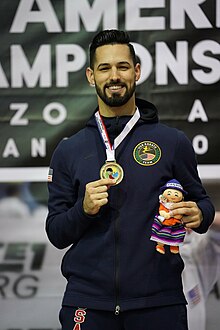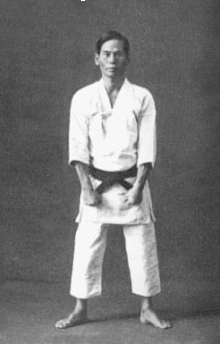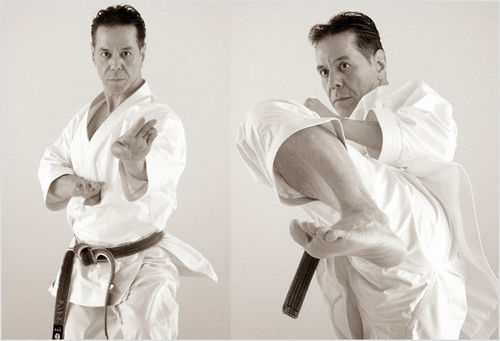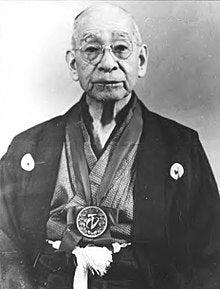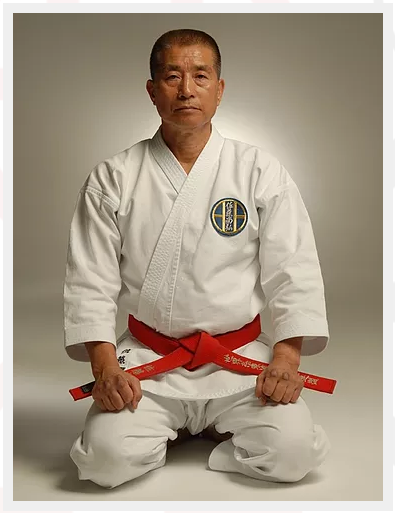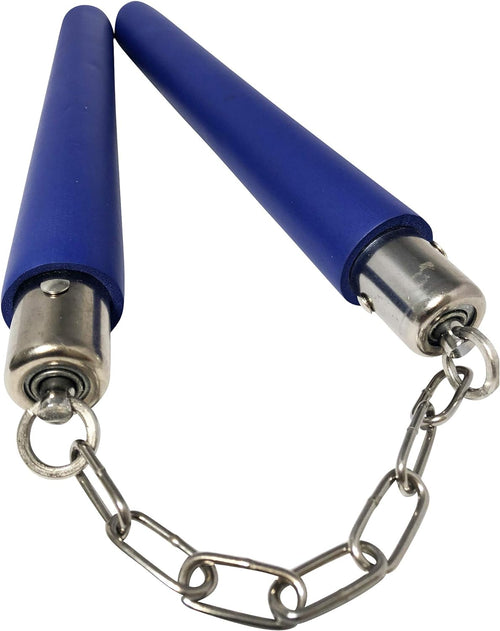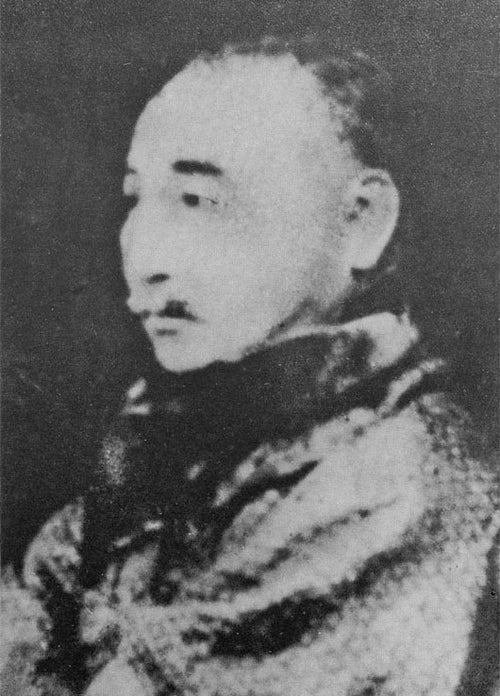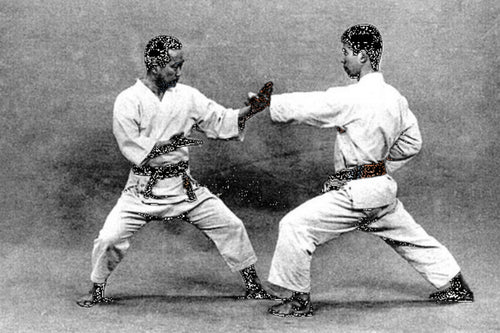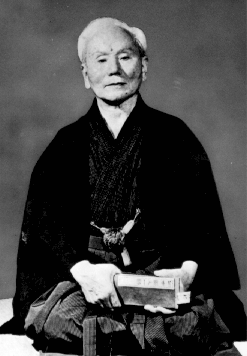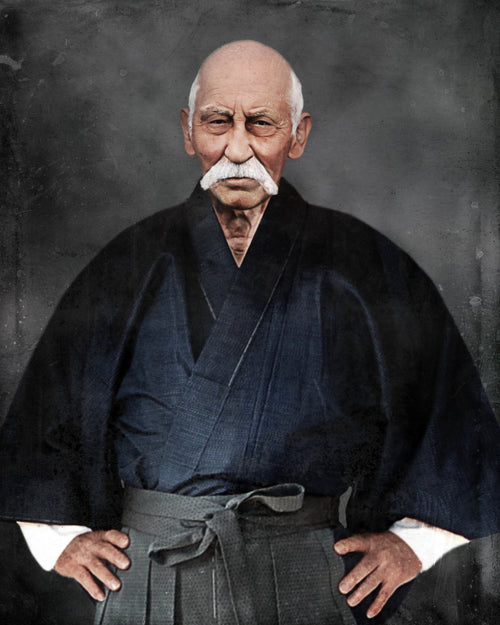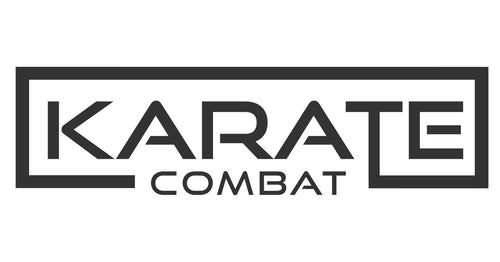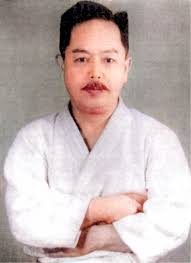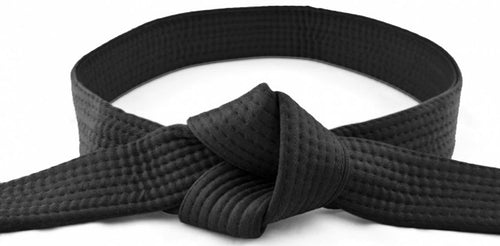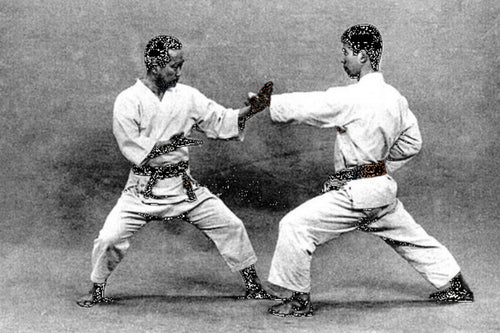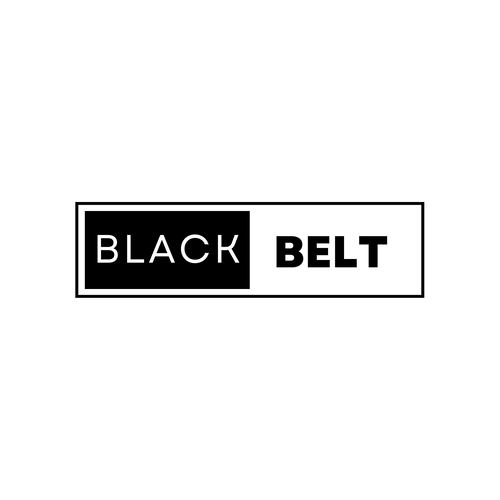Karate, a traditional Japanese martial art, has millions of practitioners around the world and is well-regarded for its discipline, precision, and effectiveness in self-defense. However, it's essential to acknowledge that not all martial arts experts consider Karate a true martial art. In this article, we will explore the reasons behind this perspective and delve into the various factors that have led to the debate.
The Origins and Cultural Context
One of the primary reasons some experts don't view Karate as a true martial art is its origins. Karate originated in Okinawa, Japan, and was heavily influenced by Chinese martial arts. Some purists argue that true martial arts are those originating from the Chinese mainland, like Kung Fu and Tai Chi. They view Karate as a derivative art form, not an original martial art.
Moreover, Karate has evolved over time, with different styles and schools emerging. This evolution has led some experts to question its authenticity, as it lacks a single, consistent lineage compared to some other martial arts.
The Sportification of Karate
Karate's inclusion in the Olympic Games and the proliferation of competitive sport Karate have led some experts to question its martial effectiveness. Competitive Karate often emphasizes point-based sparring, where participants aim to score points with controlled, non-contact strikes. This approach is vastly different from the practical self-defense techniques taught in traditional Karate.
Some experts argue that this focus on sports and scoring has diluted the art's martial roots, making it less effective for real-world self-defense situations. They contend that sport Karate has prioritized aesthetics and rule adherence over practical combat techniques.
Lack of Real-World Training
For Karate to be effective in self-defense, it must include real-world training scenarios that simulate the chaos and unpredictability of an actual confrontation. Some experts claim that many Karate dojos (training schools) fall short in this aspect. They argue that overly choreographed routines and a lack of practical application can hinder a practitioner's ability to defend themselves effectively.
In contrast, other martial arts, such as Brazilian Jiu-Jitsu or Krav Maga, place a strong emphasis on live sparring and situational training, which more closely replicates real-life encounters.
Perceived Ineffectiveness Against Grapplers
Karate's primary focus on striking techniques has led some experts to believe that it is less effective against grapplers and ground fighters. In modern martial arts, versatility is highly valued, and the ability to defend against various forms of attack is considered crucial.
Grappling arts like Brazilian Jiu-Jitsu and wrestling are known for their effectiveness on the ground, making them more appealing to those who want a holistic approach to self-defense.
Conclusion
In conclusion, while Karate is undoubtedly a valuable martial art with a rich history and philosophy, some experts question its authenticity as a true martial art. The varying origins and styles, the influence of sportification, and the perceived lack of practical training all contribute to this perspective. It's essential to recognize that the definition of a "true" martial art can be subjective and may vary among experts and practitioners.
Ultimately, Karate remains a respected and valuable discipline for those seeking self-improvement, physical fitness, and self-defense skills, but it may not align with the expectations of some martial arts purists.
Get Access Now: https://bit.ly/J_Umma
Frequently Asked Questions (FAQs)
1. Is Karate effective for self-defense despite the criticism from some experts?
Yes, Karate can be effective for self-defense when taught and practiced with a focus on practical techniques and real-world training scenarios.
2. What can practitioners do to ensure they are learning effective self-defense through Karate?
Practitioners should choose a reputable dojo with experienced instructors who emphasize real-world applications and practical training.
3. Are there any specific Karate styles or schools that are more respected by martial arts experts?
The perception of a "better" or "more authentic" Karate style may vary among experts. It's important to research and choose a school that aligns with your goals and values.
4. Can Karate practitioners compete in mixed martial arts (MMA) events successfully?
Some Karate practitioners have transitioned to MMA with great success. However, they often complement their Karate skills with training in other martial arts, such as Brazilian Jiu-Jitsu and Muay Thai.
5. What should beginners look for when selecting a Karate dojo for self-defense training?
Beginners should look for a dojo that prioritizes practical self-defense techniques, incorporates real-world scenarios, and provides a safe and supportive learning environment.



